The European Regional Development Fund ‘Innovation Vouchers’ provide funding for a business to work with an expert from BU, to gain new knowledge in order to help their business innovate, develop and grow.
There only conditions to obtaining this voucher is that the business:
- Must not have worked with you previously
- Must be a start-up, micro, small and medium-sized business (defined by the EC)
- Must be located in the South West England Competitiveness Area
- Must trade in an ERDF-eligible sector (i.e. not agri-food, textiles or retail)
- Must have an innovative idea
The business will receive 40% support for projects ranging from £3,000 to £10,000 for the business to buy in external expertise from you to develop ideas and improve performance. The work must be undertaken between now and early 2015 and the best part is there is around a 2 week turnaround to tell you whether you have been successful. This truly is a great scheme.
We have a visit from the ERDF representative who will give tips on applying and more details on the scheme in K101, 2-3 on Friday 1st February. There is also individual one to one time with the presenter 3-4pm. To book a place, simply email Emily Cieciura, RKE Operations.
N.B. The Innovation Voucher project is part financed by the Competitiveness European Regional Development Fund Programme 2007 to 2013. The Department for Communities and Local Government is the managing authority for the European Regional Development Fund Programme, which is one of the funds established by the European Commission to help local areas stimulate their economic development by investing in projects which will support local businesses and create jobs. For more information visit www.communities.gov.uk/erdf.
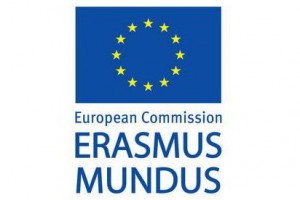
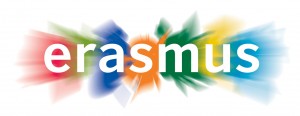

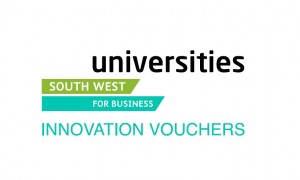

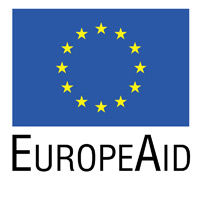


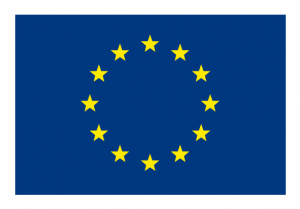















 New weight change BU paper
New weight change BU paper One week to go! | The 16th Annual Postgraduate Research Conference
One week to go! | The 16th Annual Postgraduate Research Conference Geography and Environmental Studies academics – would you like to get more involved in preparing our next REF submission?
Geography and Environmental Studies academics – would you like to get more involved in preparing our next REF submission? Congratulations to three former BU staff
Congratulations to three former BU staff MSCA Staff Exchanges 2024 Call – internal deadline
MSCA Staff Exchanges 2024 Call – internal deadline Applications are now open for 2025 ESRC Postdoctoral Fellowships!
Applications are now open for 2025 ESRC Postdoctoral Fellowships! Horizon Europe – ERC CoG and MSCA SE webinars
Horizon Europe – ERC CoG and MSCA SE webinars MaGMap: Mass Grave Mapping
MaGMap: Mass Grave Mapping ERC grants – series of webinars
ERC grants – series of webinars